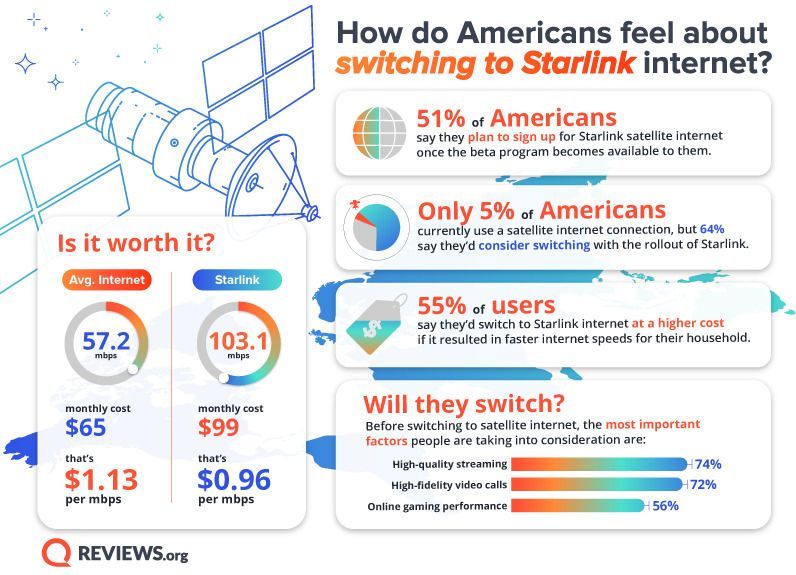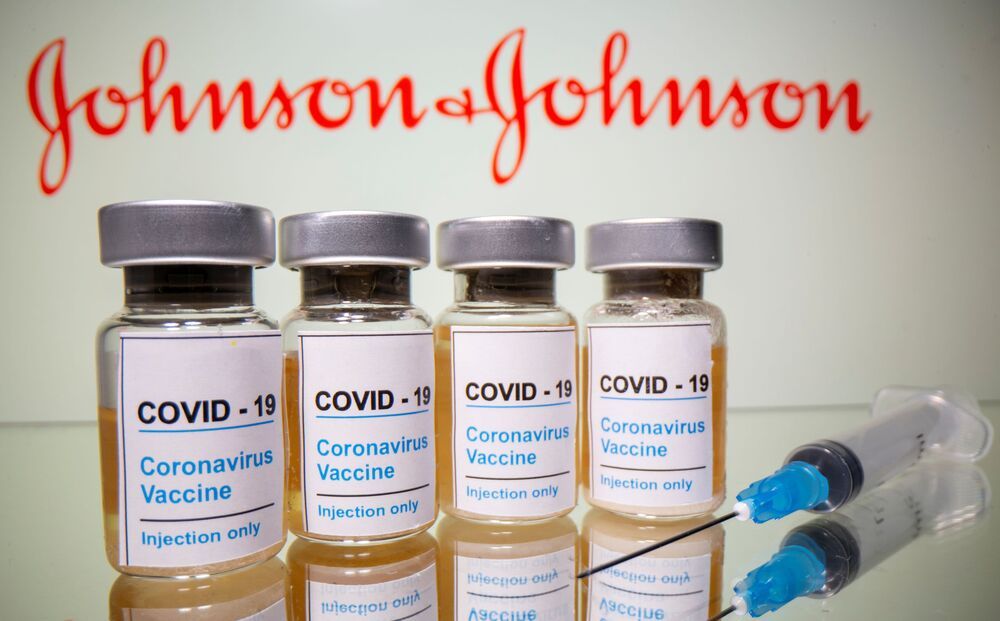How true Eric Klien.
Only 5% of internet users currently connect via satellite in the US. But that number could jump significantly when SpaceX’s service finally gets off the ground, according to a new survey.

Even for the brain of a worm, the best theory on offer would, she says, take several billion years to calculate. That can’t be the right answer.
Stuck at home with time on their hands, millions of amateurs around the world are gathering information on everything from birds to plants to Covid-19 at the request of institutional researchers. And while quarantine is mostly a nightmare for us, it’s been a great accelerant for science.
From backyard astronomy to birding, amateurs have been busy collecting data — and making real discoveries.

The process of systems integration (SI) functionally links together infrastructure, computing systems, and applications. SI can allow for economies of scale, streamlined manufacturing, and better efficiency and innovation through combined research and development.
New to the systems integration toolbox are the emergence of transformative technologies and, especially, the growing capability to integrate functions due to exponential advances in computing, data analytics, and material science. These new capabilities are already having a significant impact on creating our future destinies.
The systems integration process has served us well and will continue to do so. But it needs augmenting. We are on the cusp of scientific discovery that often combines the physical with the digital—the Techno-Fusion or merging of technologies. Like Techno-Fusion in music, Techno-Fusion in technologies is really a trend that experiments and transcends traditional ways of integration. Among many, there are five grouping areas that I consider good examples to highlight the changing paradigm. They are: Smart Cities and the Internet of Things (IoT); Artificial Intelligence (AI), Machine Learning (ML), Quantum and Super Computing, and Robotics; Augmented Reality (AR) and Virtual Reality Technologies (VR); Health, Medicine, and Life Sciences Technologies; and Advanced Imaging Science.



On the path to writing his Ph.D. dissertation, Lucio Milanese made a discovery—one that refocused his research, and will now likely dominate his thesis.
Milanese studies plasma, a gas-like flow of ions and electrons that comprises 99 percent of the visible universe, including the Earth’s ionosphere, interstellar space, the solar wind, and the environment of stars. Plasmas, like other fluids, are often found in a turbulent state characterized by chaotic, unpredictable motion, providing multiple challenges to researchers who seek to understand the cosmic universe or hope to harness burning plasmas for fusion energy.
Milanese is interested in what physicist Richard Feynman called “the most important unsolved problem of classical physics”—turbulence. In this case, the focus is plasma turbulence, its nature and structure.

A team of researchers at Columbia University has developed a way to allow DNA strands to store more data. In their study, published in the journal Science, the group applied a small amount of electricity to DNA strands to allow for encoding more information than was possible with other methods.
For several years, researchers have been looking for ways to increase data storage capacity—storage requirements are expected to exceed capacity in the near future as demand skyrockets. One such approach has involved encoding data into strands of DNA—prior research has shown that it is possible. In the early stages of such research, scientists manually edited strands to add characteristics to represent zeroes or ones. More recently, researchers have used the CRISPR gene editing tool. Most such studies used DNA extracted from the tissue of deceased animals. More recently, researchers have begun efforts to move the research to living animals because it will last longer. And not just in the edited strands—the information they contain could conceivably be passed on to offspring, allowing data to be stored for very long periods of time.
Back in 2017, another team at Columbia University used CRISPR to detect a certain signal—in their case, it was the presence of sugar molecules. Adding such molecules resulted in gene expressions of plasmid DNA. Over time, the editing process was improved as genetic bits were added to represent ones and zeroes. Unfortunately, the system only allowed for storing a few bits of data.

Researchers at Columbia Engineering report today that they have developed the first nanomaterial that demonstrates “photon avalanching,” a process that is unrivaled in its combination of extreme nonlinear optical behavior and efficiency. The realization of photon avalanching in nanoparticle form opens up a host of sought-after applications, from real-time super-resolution optical microscopy, precise temperature and environmental sensing, and infrared light detection, to optical analog-to-digital conversion and quantum sensing.
“Nobody has seen avalanching behavior like this in nanomaterials before,” said James Schuck, associate professor of mechanical engineering, who led the study published today by Nature. “We studied these new nanoparticles at the single-nanoparticle level, allowing us to prove that avalanching behavior can occur in nanomaterials. This exquisite sensitivity could be incredibly transformative. For instance, imagine if we could sense changes in our chemical surroundings, like variations in or the actual presence of molecular species. We might even be able to detect coronavirus and other diseases.”
Avalanching processes—where a cascade of events is triggered by series of small perturbations—are found in a wide range of phenomena beyond snow slides, including the popping of champagne bubbles, nuclear explosions, lasing, neuronal networking, and even financial crises. Avalanching is an extreme example of a nonlinear process, in which a change in input or excitation leads to a disproportionate—often disproportionately large—change in output signal. Large volumes of material are usually required for the efficient generation of nonlinear optical signals, and this had also been the case for photon avalanching, until now.
Over the past decade or so, deep neural networks have achieved very promising results on a variety of tasks, including image recognition tasks. Despite their advantages, these networks are very complex and sophisticated, which makes interpreting what they learned and determining the processes behind their predictions difficult or sometimes impossible. This lack of interpretability makes deep neural networks somewhat untrustworthy and unreliable.
Researchers from the Prediction Analysis Lab at Duke University, led by Professor Cynthia Rudin, have recently devised a technique that could improve the interpretability of deep neural networks. This approach, called concept whitening (CW), was first introduced in a paper published in Nature Machine Intelligence.
“Rather than conducting a post hoc analysis to see inside the hidden layers of NNs, we directly alter the NN to disentangle the latent space so that the axes are aligned with known concepts,” Zhi Chen, one of the researchers who carried out the study, told Tech Xplore. “Such disentanglement can provide us with a much clearer understanding of how the network gradually learns concepts over layers. It also focuses all the information about one concept (e.g., “lamp,” “bed,” or “person”) to go through only one neuron; this is what is meant by disentanglement.”